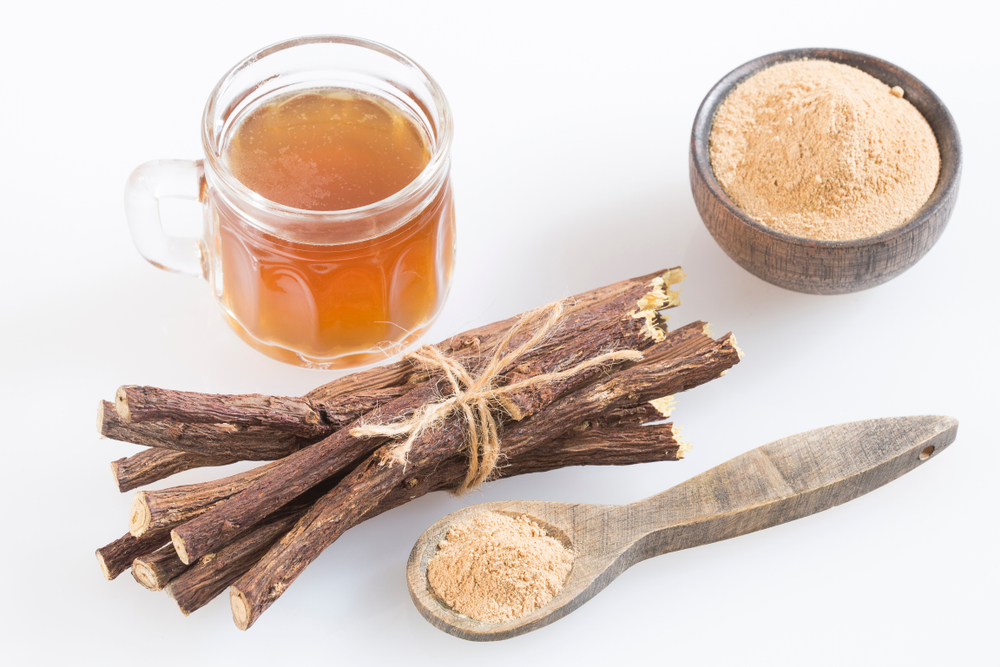Contents:
- Medical Video: Do Vitamins & Supplements Help Heart Health?
- Fiber and sterols for the heart
- Other supplements that can provide benefits
- Safe use of supplements
Medical Video: Do Vitamins & Supplements Help Heart Health?
Supplements can help bones, muscles, and many other parts of your body. How about the heart? Research shows that some supplements may help lower cholesterol, increase blood pressure, and other things that put you at risk for heart disease. It is not known whether supplements can also help prevent heart attacks, strokes, and other problems.
Here are six nutrients that can be a good addition to your healthy heart lifestyle.
Fiber and sterols for the heart
Fiber. Fiber aliases, found naturally in fruits and nuts, fiber reduces the amount of cholesterol your body absorbs from food. Try to get at least 25 to 30 grams of fiber every day. It's better to get a daily dose of fiber from your food, but supplements can also be an option.
There is clear evidence that blond psyllium husk (commonly found in fiber supplements) can reduce "bad" LDL cholesterol. It can also increase HDL aka "good" cholesterol.
Sterols and stanols.Find these components in foods such as nuts and seeds, or you can buy them as supplements. They reduce the amount of cholesterol absorbed by the body from food. Sterol and stanol are also added to many foods, such as some margarine, orange juice, and yogurt. Experts recommend 2 grams a day to help reduce LDL cholesterol.
Other supplements that can provide benefits
Coenzyme Q10 (CoQ10). Your body naturally makes a small amount of this enzyme, also known as ubiquinone and ubiquinol. As a supplement, CoQ10 can help lower blood pressure, either used alone or in conjunction with medication.
Other studies have found that adding this supplement to the treatment of heart failure can help people feel better day by day.
CoQ10 pills are also popular as a treatment for side effects of cholesterol-lowering drugs called statins. Why? Because this drug can sometimes reduce the amount of CoQ10 made by the body. Some doctors recommend adding CoQ10 supplements to make up for this deficiency, hoping it will alleviate problems such as muscle pain and muscle weakness. But the results of the study show different results.
Fish oil. Full of omega-3 fatty acids, can reduce triglyceride levels (unhealthy fats in your blood) by up to 30%. Fish oil can also improve blood pressure. But it's not clear whether over-the-counter fish oil supplements can reduce the risk of heart attack and stroke. Your best choice might be to eat fish with omega-3 fatty acids. The American Heart Association recommend that all adults eat at least two 3.5-ounce servings of fish a week.
Garlic. Not only does it make any food more delicious, onions can also lower cholesterol and reduce blood pressure slightly. Onions can also slow down the buildup of plaque in your arteries, reducing the risk of blood clots. Research shows that both garlic in food and supplements has a good effect on your body.
Green tea. Research shows that both green tea extract and drinks can reduce LDL cholesterol and triglycerides, and increase HDL levels.
Safe use of supplements
Don't take supplements just because it's labeled "heart healthy." Not everything is guaranteed good for your health, and can be dangerous if you take too many supplements.
Pay attention to what these supplements are for, and make sure you really need them. Ask your doctor which products are most likely to be useful. If you have a heart condition or are at high risk for a heart attack, you should follow the doctor's advice. It's too risky to try to treat serious health conditions with yourself with over-the-counter supplements.












